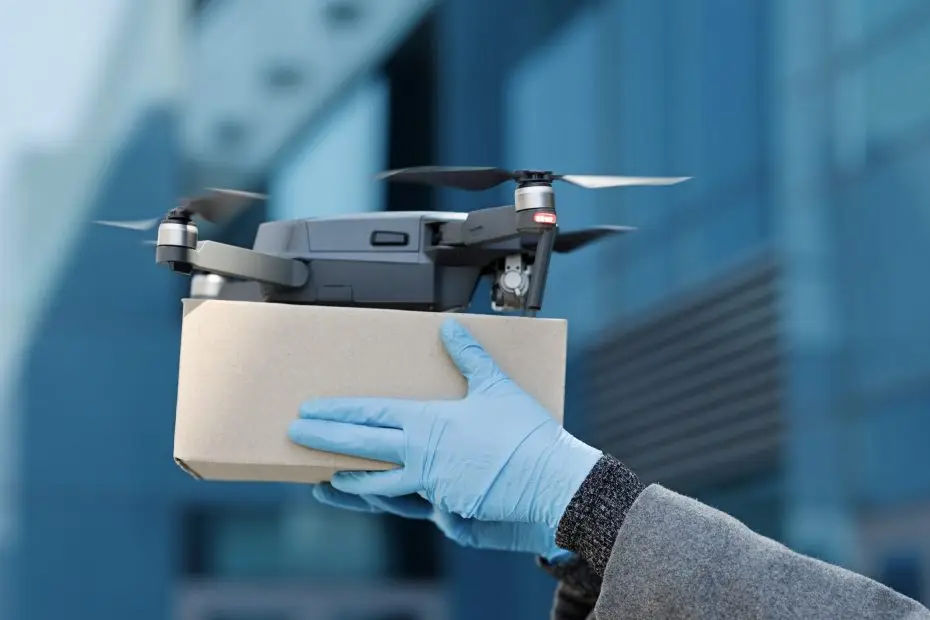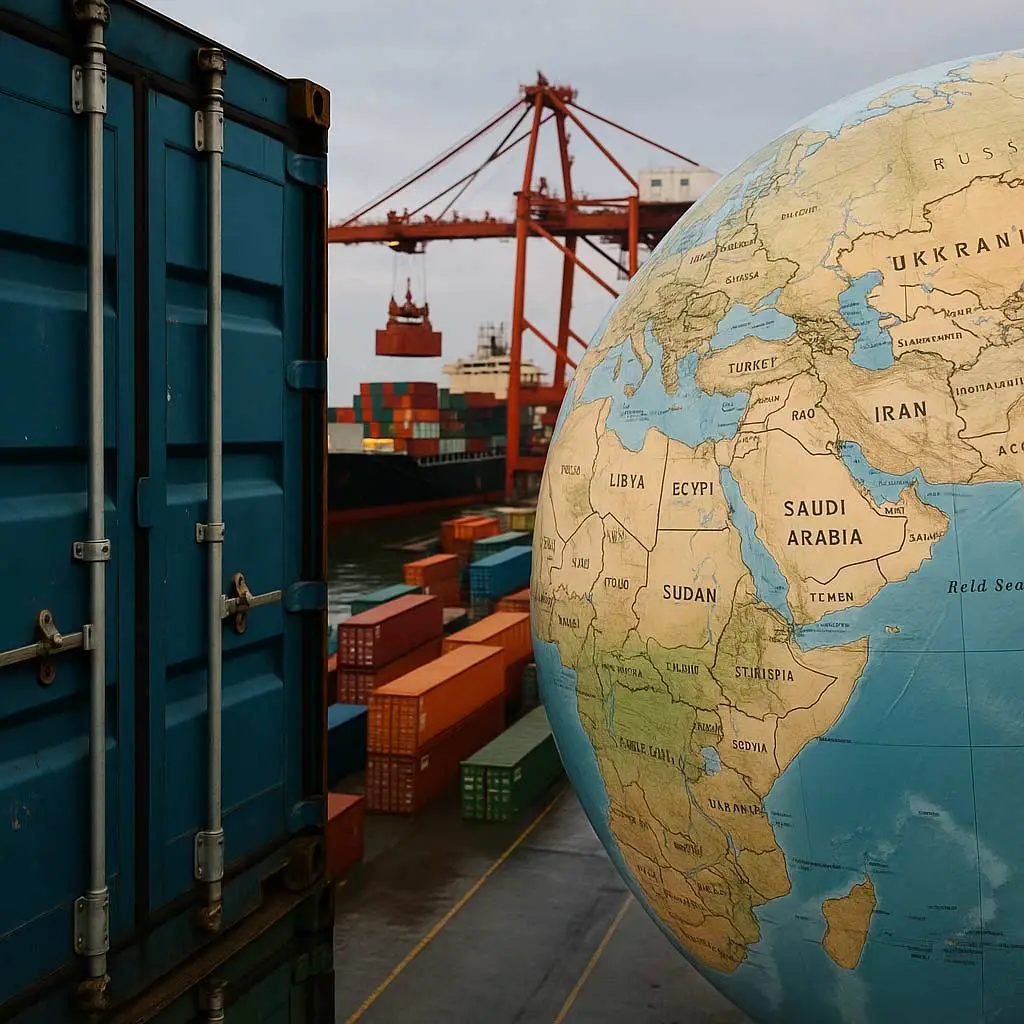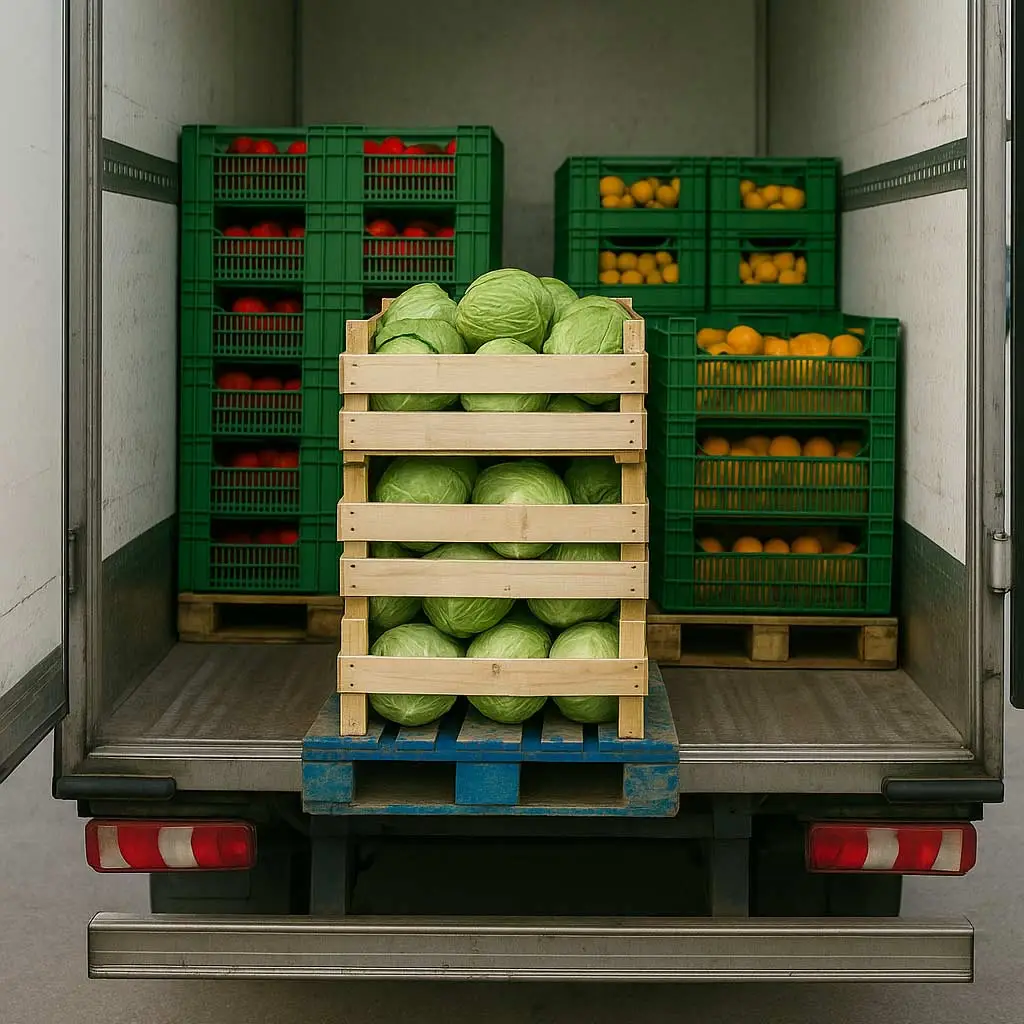The future of on-demand freight is looking skyward, quite literally, as the integration of drones into the logistics industry promises a revolution in how goods are transported. As technology advances and regulatory frameworks evolve, drones are set to play a pivotal role in reshaping the freight landscape, potentially reducing our reliance on traditional vehicles like cars and trucks.
Drones: Changing the Game
Unmanned aerial vehicles, or drones, have gained prominence in various industries, from photography to agriculture. In the realm of on-demand freight, they offer several compelling advantages. First and foremost, drones can operate 24/7, allowing for faster and more efficient deliveries. They can bypass traffic congestion and take direct routes, significantly reducing delivery times. This increased speed and efficiency can lead to a more responsive and reliable freight service.
Reducing Carbon Footprint
One of the most significant advantages of integrating drones into on-demand freight is the potential to reduce our carbon footprint. With electric or even solar-powered drones, emissions associated with traditional trucks and cars can be greatly diminished. This transition to cleaner and more sustainable transportation aligns with the global push for environmental responsibility and a greener future.
Urban Mobility and Congestion Relief
Drones also have the potential to alleviate urban congestion. As cities grow, traffic congestion becomes a persistent problem. By diverting some freight deliveries to drones, we can reduce the number of trucks on the road, easing congestion and improving urban mobility. This not only benefits freight companies but also enhances the quality of life for city dwellers.
Challenges and Considerations
While the future of on-demand freight with drones is promising, several challenges must be addressed. Regulatory bodies need to establish clear guidelines and rules for drone operation in commercial settings. Safety and security concerns, such as the risk of collisions and privacy issues, must be carefully managed. Additionally, the development of efficient and reliable drone technology and infrastructure is essential to make this vision a reality.
The future of on-demand freight is poised to take flight with the integration of drones into the logistics industry. Drones offer faster, more efficient, and eco-friendly delivery solutions that can reduce our reliance on cars and trucks, ease urban congestion, and lower carbon emissions. However, realizing this vision will require collaboration between governments, businesses, and technology innovators to overcome regulatory hurdles and develop robust drone systems. As these challenges are addressed, we can look forward to a future where our goods are delivered not just on demand but also from the skies.
As ACIT continues to innovate within the food logistics industry, we’ll be keeping a close eye on drone based technologies and their role in making a more efficient freight based system.



